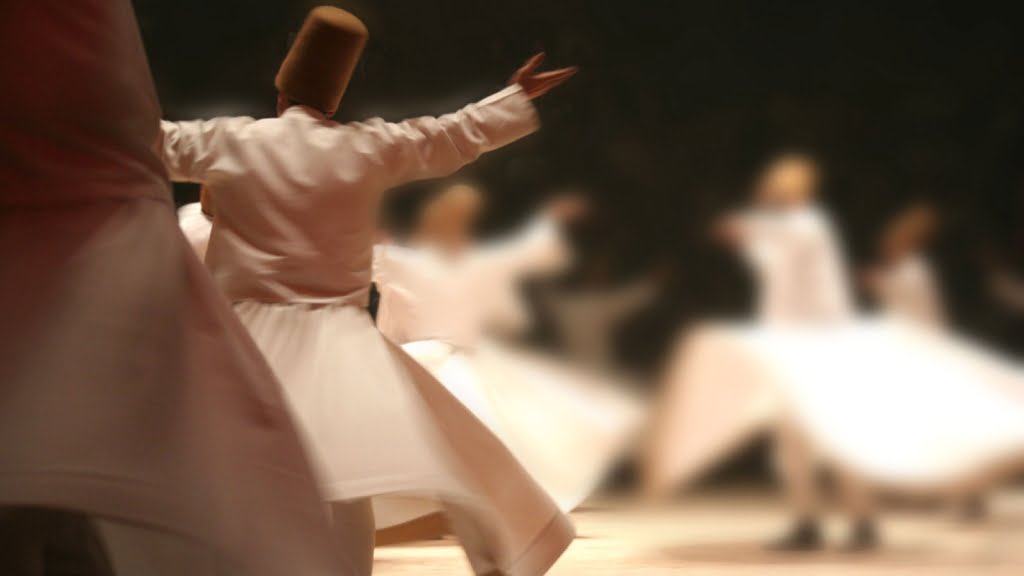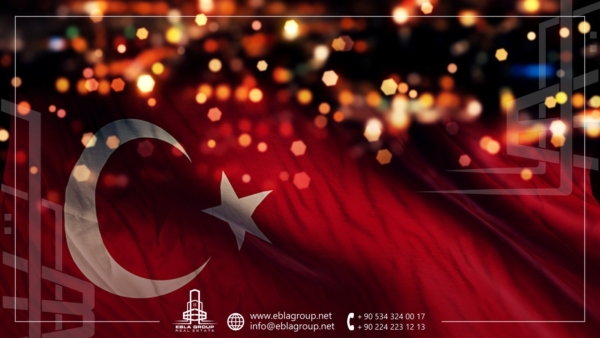Customs and Traditions in Turkish Culture
Turkey is a large country situated on the crossroads between Europe and Asia. Therefore, the culture of Turkey (Türkiye Kültürü) combines Eastern values and virtues with Western culture. Cultural practices, social attitudes and lifestyles vary significantly across the country. However, Turks are generally united by a strong national identity. Moreover, they share certain core cultural values, such as a sense of honour, hospitality and neighbourliness. In this article from Ebla Real Estate, we will talk about the culture of Turkish society, in addition to the most important customs and traditions in Turkish culture.
An introduction:
The Turkish Republic has preserved many of its simple and inherited customs and traditions in addition to some newly acquired ones, which over time have become popular traditions.
The Turkish culture:
Turkey is a bridge between Asia and Europe, not only in terms of geographical location but also in cultural, social and political aspects.
Therefore, many things in Turkey contain a mixture of the West and the East, the old and the new, the traditional and the modern.
Many religious, ethnic and cultural origins of human lives on territories of Turkey that were home to many communities and empires that left traces in Turkey.
In addition, many intellectual, literary and cultural currents have emerged in Turkey in the arts, architecture and many contemporary lifestyles and the Turks are still preserving the authentic customs and traditions in Turkey.
The most important customs and traditions in Turkey:
There are many customs and traditions in Turkey, which have received a lot of respect in all societies, including:
Greetings in Turkey:
It is an expression of affection and respect, the greeting in Turkey has several physical forms and friendly words. In Turkey, when greeting and saying goodbye people shake hands and kiss each other on both cheeks. On the other hand, people, regardless of their gender and reputation, can embrace each other. Moreover, the kiss on the hand is a sign of respect and love shown by younger people to older people. Normally, children and adolescents kiss the hands of their grandparents and old people.
The importance of the Turkish flag in Turkish culture:
Turks have a strong sense of national pride and the Turkish flag is blessed for them. People are generally very proud of the Turkish country and culture, local and foreign people generally see the Turkish flag displayed wherever they go in Turkey hanging off houses, shops and buildings. Turkish flag is special, valued and extremely important for Turkish citizens.
Turkish tea:
Tea is an important part of Turkish culture, despite the country’s long history of coffee consumption. Offering tea to guests is a sign of friendship and hospitality. Tea is most often consumed in households, shops, and social gatherings, teahouses are found along the roadsides throughout Turkey. If you are invited, tea can be offered to you without asking you.

Breakfast in Turkey:
Breakfast is the most important meal of the day and Turkish people know very well to vary it with different elements. It is also related to family and friendship in Turkish culture and Turkish people like to spend time with family and friends during breakfast, especially at weekends. The Turkish breakfast often consists of Turkish tea, eggs, cheese, olives, butter, jam, honey, borek (patty), gozleme (Turkish pancake) and simit (Turkish bagel)

Hospitality in Turkey:
Turks are very hospitable and often invite new friends around their house. Furthermore, they take great pains to make their guests feel comfortable and happy. They give the visitors slippers, so visitors can leave their shoes at the door. Turks provide the best types of food that include different types of cuisine.
Marriage in Turkish culture:
The customs of engagement and marriage in Turkey are not different from the Eastern and Arab customs. The groom must ask for the bride’s hand in marriage, while the bride should make a perfect cup of coffee. Once the agreement is reached, the bride’s family throws an engagement party, where the groom and bride exchange the engagement rings. Three nights before the wedding, the women gather for the henna evening. Moreover, two nights before the wedding, there is often a wedding party held in the bride’s home. On the wedding day, the groom’s family picks the bride up in a convoy of cars decked out by flowers to the wedding party.
Turkish bath in Turkey:
One of the most beloved Turkish traditions by both visitors and locals is the hammam or Turkish bath. The steam baths were an integral part of the Roman empire, which spanned into Turkey as the Eastern Roman Empire Unlike your bathroom, which is private, a hammam is open to the public. Moreover, male and female sections are separated.
Customs and traditions in the month of Ramadan:
Ramadan is a time for celebration, and after sunset the feast begins with a ceremonial “break-fast” light meal called “Iftar”. Ramadan is the holiest month of the year and a time for spiritual contemplation, self-improvement, and increased devotion and worship. The preparation for “Iftar” the first meal after sunset and “sahur” the final meal before sunrise, are the focal points of the day in Ramadan. In addition, in Ramadan, Muslims pray Tarawih, the special night prayers.

Thus, we talked about the most important customs and traditions in Turkish culture.
Edited by: Ebla Group Real Estate
If you like the topic, do not forget to share it with your friends.
Related article: Handicrafts in Turkey



